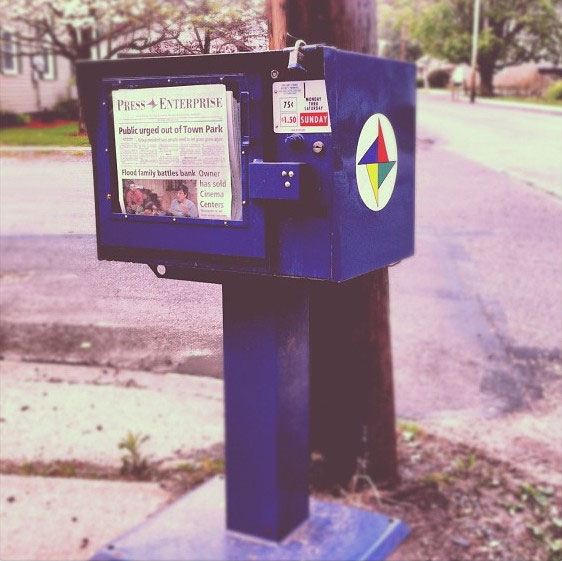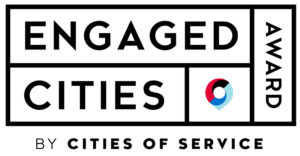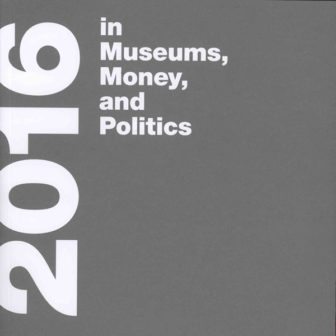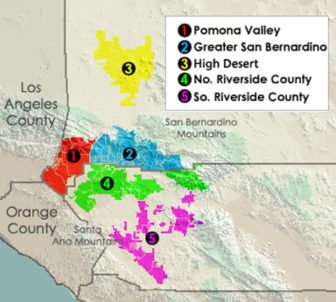
November 3, 2016; Pew Research Center
A study published last week by the Pew Research Center shows a correlation between civic engagement and interaction with local news sources.
A survey conducted in January of this year by the American Trends Panel, Pew’s surveying arm, asked U.S. adults about their level of civic engagement and local news intake, using self-reported metrics. Perhaps unsurprisingly, participants who reported a high level of civic engagement were more likely to follow local news.
The panel asked approximately 5,000 participants about their level of community attachment, local voting habits, participation in local groups, rating of their communities, and perceived political diversity within the communities where they reside. The panel asked the same group about their local news intake: whether they follow community news regularly and through a high number of sources.
Sign up for our free newsletters
Subscribe to NPQ's newsletters to have our top stories delivered directly to your inbox.
By signing up, you agree to our privacy policy and terms of use, and to receive messages from NPQ and our partners.
The best predictor of local news intake was community attachment. Of the 19 percent of respondents who said they were “highly attached” to their community, 59 percent followed local news closely, and 44 percent said they got local news from three or more sources. People who said they could name all of their neighbors, another measurement of community attachment, were also highly engaged with local news.
However, another strong correlation appeared in the survey data: Participants who reported always voting in “local elections, such as for mayor or school board”—about 27 percent of registered voters—were much more likely to report a high level of interest in local news. When asked if they follow local news closely, 52 percent of “always” voters responded affirmatively, compared to 31 percent of respondents who do not always vote. Frequent voters were more likely to report using three or more sources for community news.
A 2015 Pew report showed a similar result: civically-engaged residents used the most diverse set of local media, had more conversations about local news with other residents, and got more of their news online. The use of social media to read or share political news has also been tied to increased community engagement. In short, engaged residents tend to do more than watch their local TV affiliates.
The authors of the new Pew study state, “The study does not point to whether civic engagement triggers local news interest, intake or more positive attitudes about local news media, or whether it is, in fact, the reverse.” However, the correlation between diverse local news sources and voting is, on this Election Day, especially interesting. Last year, a report from the Knight Foundation (a partner in the Pew study) showed that millennial voters who do not vote in local elections feel uninformed about local candidates or issues, or believe there is not enough news coverage of local elections.—Lauren Karch













